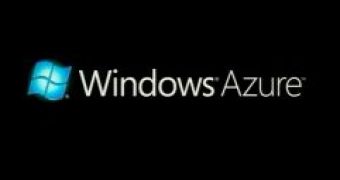One of the major concerns customers have when it comes down to transitioning from on-premise solution to hosted services is availability. Let’s be clear on this, not even on-premise solutions have 100% uptime. But running all solutions on local servers or in their own database gives customers a stronger feeling of control compared to trusting availability to a third-party and its Cloud. Companies that will embrace Windows Azure, Microsoft’s Cloud platform, will be able to take advantage of permanent status updates related to the availability of the operating system’s components.
On the Windows Azure Service Dashboard page on Microsoft.com, the software giant is publishing the status of its Cloud OS at all times. Here are the services covered by Microsoft: AppFabric Access Control [South Central US]; AppFabric Service Bus [South Central US]; SQL Azure [South Central US]; Windows Azure CDN [Worldwide]; Windows Azure Compute [North Central US]; Windows Azure Compute [South Central US]; Windows Azure Storage [North Central US]; Windows Azure Storage [South Central US].
“If you wish to receive notifications for interruptions to any of the services, please subscribe to the respective RSS feeds. To view a detailed incident report for a service that is not running normally, mouse over the status icon or the status description for that service,” Microsoft stated.
According to Microsoft, there are three labels designed to describe the status of Windows Azure services: Normal service availability; Performance degradation and Service interruption. And in addition of customers getting real time updates on the status of Windows Azure, they can also check how components performed during the past week, on the same page.
“Windows Azure offers a platform that is easily implemented alongside your current environment. Windows Azure: operating system as a service; Microsoft SQL Azure: fully relational database in the cloud. Currently in Community Technology Preview (CTP), the services are free to evaluate through January 2010. We will begin charging customers on February 1st, 2010,” the company stated.

 14 DAY TRIAL //
14 DAY TRIAL //